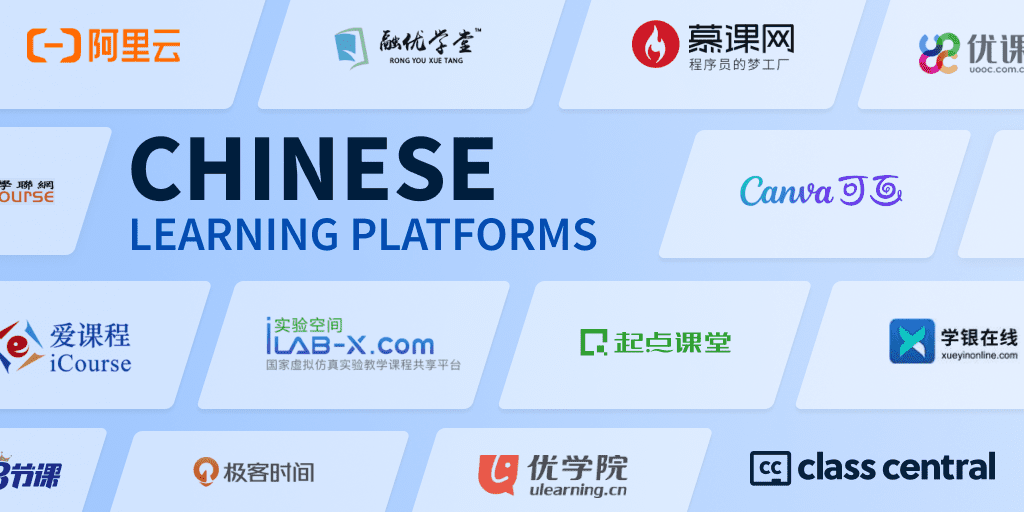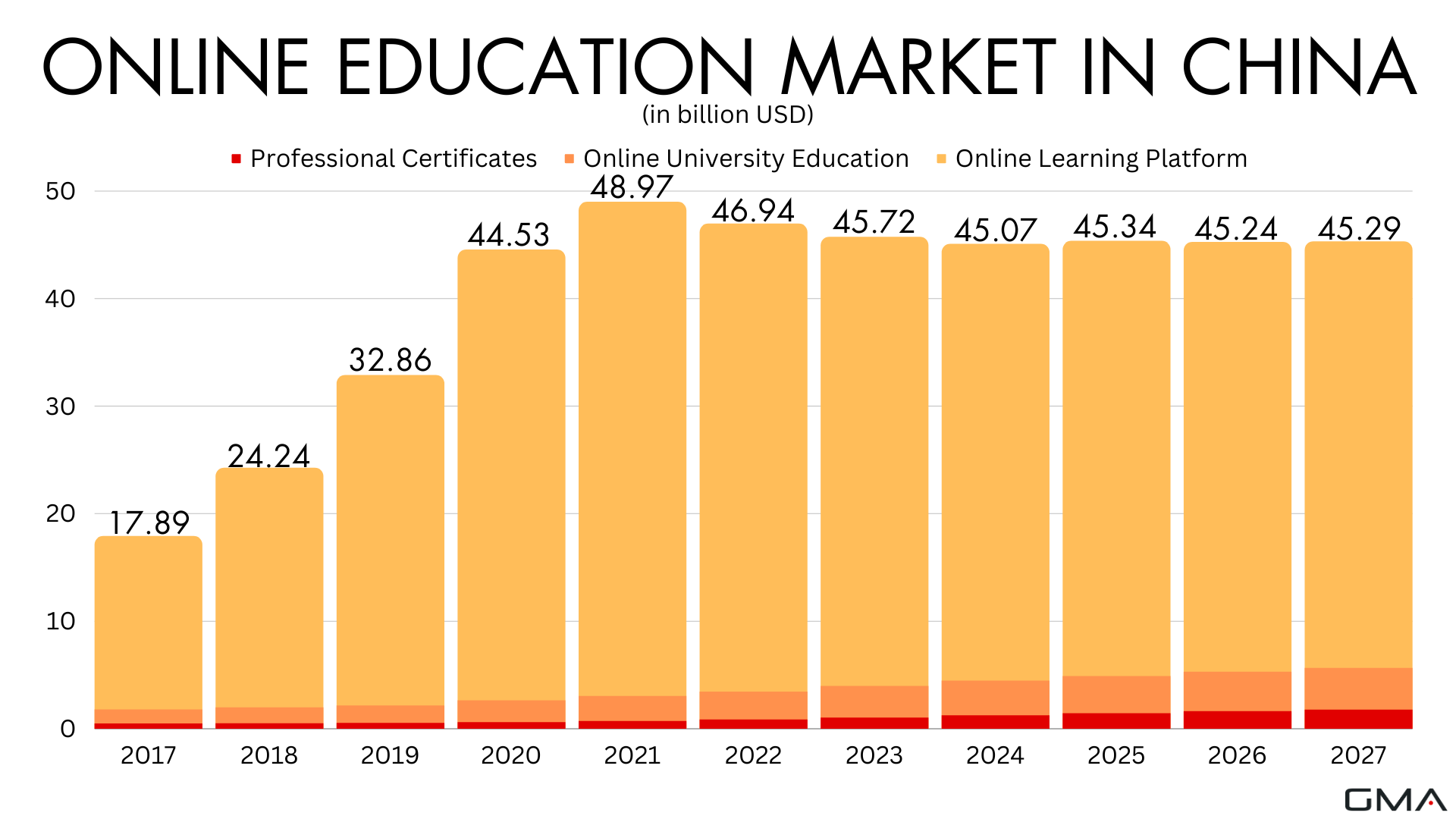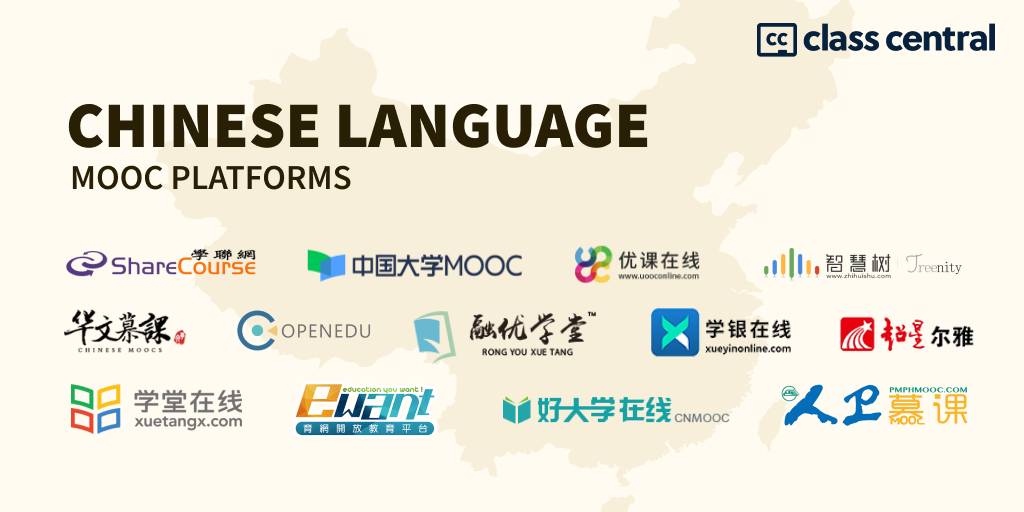Online Education Market in China: Exploring Growth Trends and Opportunities

Understanding the Dynamics of Online Education in China
In recent years, the online education market in China has witnessed remarkable growth, driven by increasing internet penetration and a growing demand for flexible learning solutions. According to recent reports, the market size of online education in China reached significant milestones, reflecting a shift towards digital learning platforms and innovative educational technologies. This trend is indicative of a broader global movement towards digital transformation in education.
Market Trends and Key Players
The online education market in China is characterize by a diverse range of offerings, from K-12 education to professional development courses. Companies such as VIPKid, TAL Education, and Yuanfudao have emerged as key players in the industry, leveraging advanced technologies like artificial intelligence to enhance learning outcomes. This rapid evolution underscores China’s commitment to integrating technology into its education system, preparing students for the demands of the future workforce.
Online learning platforms in China cater to various segments, including language learning, STEM education, and vocational training. These platforms provide personalized learning experiences through adaptive learning algorithms and interactive content, catering to diverse learning styles and preferences.
Challenges and Opportunities in the Online Education Sector
Despite its rapid growth, the online education market in China faces several challenges, including regulatory changes and competition from traditional education providers. However, these challenges have also spurred innovation, with companies exploring new business models and partnerships to expand their market reach and enhance educational offerings.
The increasing adoption of mobile learning apps and e-learning platforms has transformed how students access educational content, making learning more accessible and convenient. This shift has been particularly evident in rural areas, where access to quality education was previously limited.
Future Outlook
Looking ahead, the online education market in China is poised for continued growth, driven by technological advancements and evolving consumer preferences. As digital literacy and internet infrastructure improve across the country, the demand for online learning solutions is expect to soar, creating new opportunities for investors and educators alike.
History of Online Education Market in China

The online education market in China has undergone significant evolution over the past decade, driven by technological advancements and changing consumer behaviors. According to recent data from China Internet Network Information Center (CNNIC), the penetration of online education has surged, reaching over 66% of the population by 2023. This growth has been paralleled by developments in digital infrastructure and the widespread adoption of mobile devices, facilitating access to educational content anytime, anywhere.
Emergence of Key Players
In 2010, pioneers like Xueersi and VIPKid laid the foundation for what would become a thriving online education ecosystem in China. These platforms leveraged the internet to offer interactive courses ranging from language learning to professional development. By 2023, giants such as Yuanfudao and Zuoyebang have dominated the market, offering comprehensive K-12 tutoring services and leveraging AI to personalize learning experiences.
Market Expansion and Technological Integration
The integration of AI and big data analytics has revolutionized online education delivery in China. Platforms utilize AI algorithms to assess student performance and tailor content accordingly, enhancing learning outcomes. Moreover, virtual reality (VR) and augmented reality (AR) technologies are increasingly being integrated into curricula, providing immersive learning experiences in subjects like science and history.
Future Trends and Challenges
Looking forward, the online education market in China is poise for further growth, driven by increasing demand for lifelong learning solutions and advancements in educational technology. However, regulatory challenges, such as data privacy concerns and licensing requirements, pose significant hurdles for market players. Overcoming these challenges will require collaboration between industry stakeholders and policymakers to ensure a sustainable and secure educational environment.
The history of online education in China reflects a journey of innovation and adaptation to meet the evolving needs of learners in the digital age. As we move forward, the synergy between technology and education will continue to redefine how knowledge is acquired and shared. Stakeholders must remain agile in navigating regulatory landscapes while harnessing the transformative potential of digital education.
For more insights into the dynamic landscape of online education in China, explore our infographic below:
Sources: CNNIC, Ministry of Education China, China Daily
Highlight of Online Education Market in China
- Revenue in the Online Education market is projected to reach US$45.06bn in 2024.
- Revenue is expected to show an annual growth rate (CAGR 2024-2029) of 0.15%, resulting in a projected market volume of US$45.40bn by 2029.
- The Online Learning Platform market has a projected market volume of US$40.60bn in 2024.
- In global comparison, most revenue will be generated in the United States (US$87.51bn in 2024).
- The average revenue per user (ARPU) in the Online Education market is projected to amount to US$0.14k in 2024.
- In the Online Education market, the number of users expect to amount to 326.2m users by 2029.
- User penetration in the Online Education market will be at 22.6% in 2024.
Analyst Opinion

The Online Education market in China has witnessed remarkable growth in recent years, fueled by evolving customer preferences, technological advancements, and the escalating demand for skills development in a dynamic job market. Chinese consumers increasingly favor flexible and personalized learning options. With a vast population and a fiercely competitive job market, many individuals seek ways to gain a competitive edge and enhance their skills. Online education platforms cater to these needs by offering the flexibility to learn at one’s own pace, balancing work and personal commitments. Moreover, access to a wide array of courses and programs from top global universities and institutions has made online education an appealing choice for many learners in China.
A significant trend in the Chinese Online Education market is the rise of Massive Open Online Courses (MOOCs). MOOCs provide free or low-cost courses accessible to a large audience, democratizing education and making it more attainable for those who might not have had the opportunity to pursue higher education traditionally. MOOCs also support lifelong learning, enabling individuals to continually update their skills and knowledge in a rapidly changing world.
Another notable trend is the growing adoption of online education by corporate organizations. Many companies in China recognize the importance of upskilling their workforce to remain competitive in the digital economy. Online education platforms offer corporate training programs that can be customized to meet specific organizational needs. These programs provide employees with the chance to acquire new skills and knowledge, enhancing job performance and career advancement.
Macroeconomic factors
Local special circumstances in China have also contributed to the growth of the Online Education market. The country’s vast geographical size and uneven distribution of educational resources have created a demand for online education to bridge the educational gap between urban and rural areas. Online education platforms enable individuals in remote areas to access quality education and training resources that may not be locally available.
Macroeconomic factors have also played a crucial role in the development of the Online Education market in China. Rapid economic growth has led to increased disposable income and a growing middle class. As individuals have more disposable income, they are more inclined to invest in their personal and professional development through online education. Additionally, government support for the digital economy and the promotion of lifelong learning have created a favorable environment for the market’s growth.
The Online Education market in China is experiencing significant growth driven by customer preferences for flexible learning options, the rise of MOOCs, increasing corporate adoption, local special circumstances, and supportive macroeconomic factors. As technology continues to advance and the demand for skills development rises, the Online Education market in China expect to maintain its upward trajectory.
FAQs on Online Education Market in China

In recent years, the online education market in China has witnessed exponential growth, driven by factors such as technological advancements, increasing internet penetration, and changing consumer preferences. According to a report by Statista, the market size reached USD 87.5 billion in 2023, reflecting a significant increase from previous years. This growth trajectory has piqued the interest of various stakeholders, from investors looking to capitalize on the sector’s potential to educators seeking new avenues for reaching students.
Key Considerations for Insurance and Loans in Online Education
Insurance: While insurance options tailor is for online education services are still emerging, institutions are increasingly considering coverage against cyber threats and liability issues.
Loans: Financial institutions are exploring tailored loan products to support online education startups, offering flexible terms and competitive interest rates.
Legal and Financial Perspectives: Mortgage and Attorney Services
- Mortgage: Online education platforms may seek mortgages for infrastructure expansion, leveraging their digital assets as collateral.
- Attorney: Legal counsel specializing in education law is crucial for navigating regulatory compliance and contractual agreements in the online realm.
Security and Technical Infrastructure: Hosting and Software Solutions
- Hosting: Robust hosting services are essential to ensure seamless access and security for online education platforms.
- Software: Educational software solutions are evolving to enhance user experience, incorporating AI and analytics to personalize learning journeys.
The online education market in China presents lucrative opportunities amid evolving technological landscapes and shifting consumer behaviors. Stakeholders must navigate regulatory frameworks, technological advancements, and consumer expectations to capitalize on this dynamic sector’s growth potential. By staying abreast of market trends and leveraging strategic partnerships, players can position themselves for sustainable success in this burgeoning industry.
For more detailed insights into the online education market in China and how to navigate its complexities, consult with industry experts and explore reputable sources for up-to-date information and analysis.
Conclusion
The online education market in China presents a dynamic landscape of opportunities and challenges. By leveraging innovative technologies and adapting to regulatory changes, companies can position themselves strategically in this burgeoning market. As the digital economy continues to expand. Online education will play a crucial role in shaping the future of learning in China and beyond.
Additional notes
The market update is biannually to reflect changes in market dynamics. The effects of the COVID-19 pandemic and the Russia-Ukraine war are analyze on a country-specific basis. GCS data reweight is to ensure representativeness.
Discover more from Examsabi
Subscribe to get the latest posts sent to your email.









2 thoughts on “Online Education Market in China”